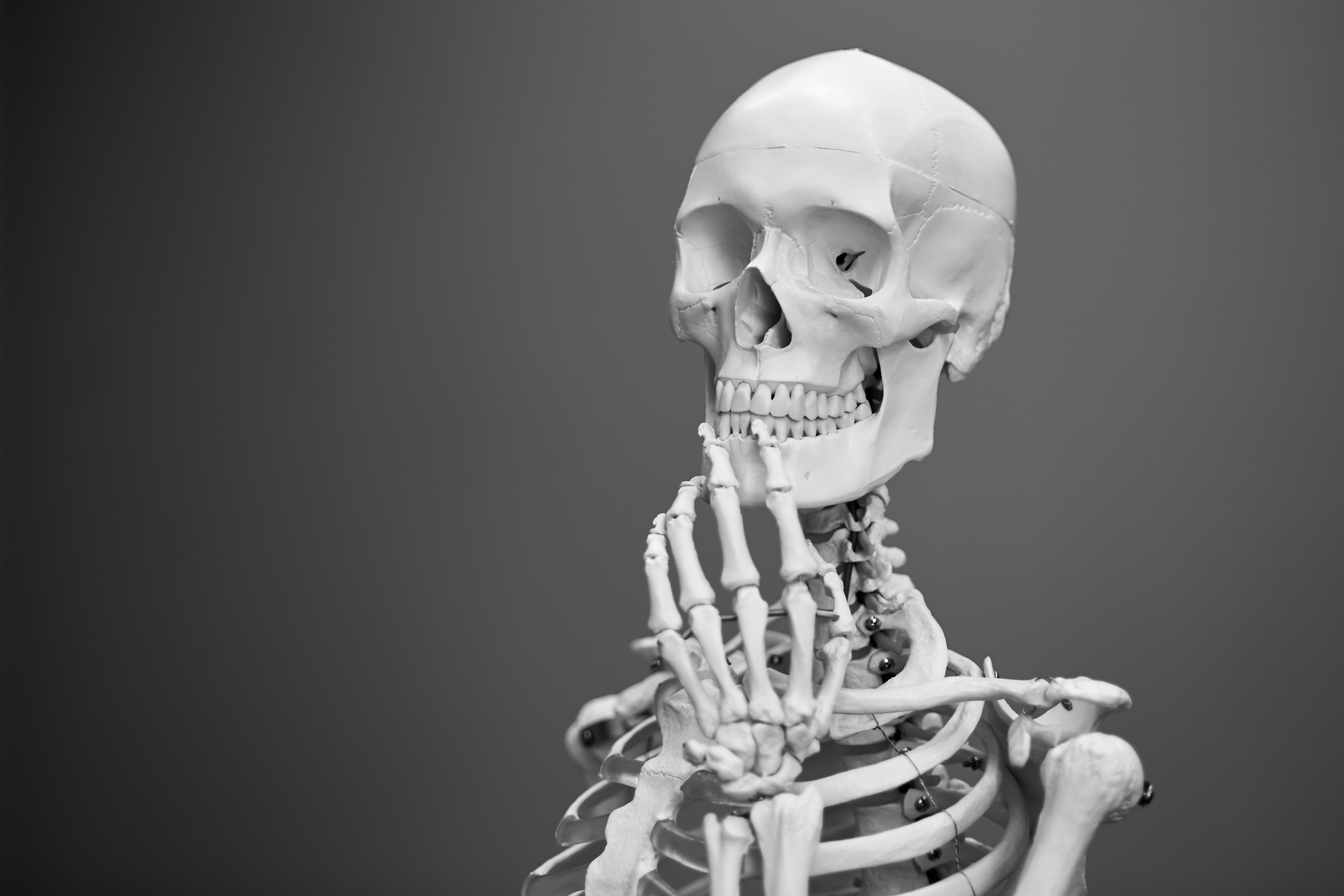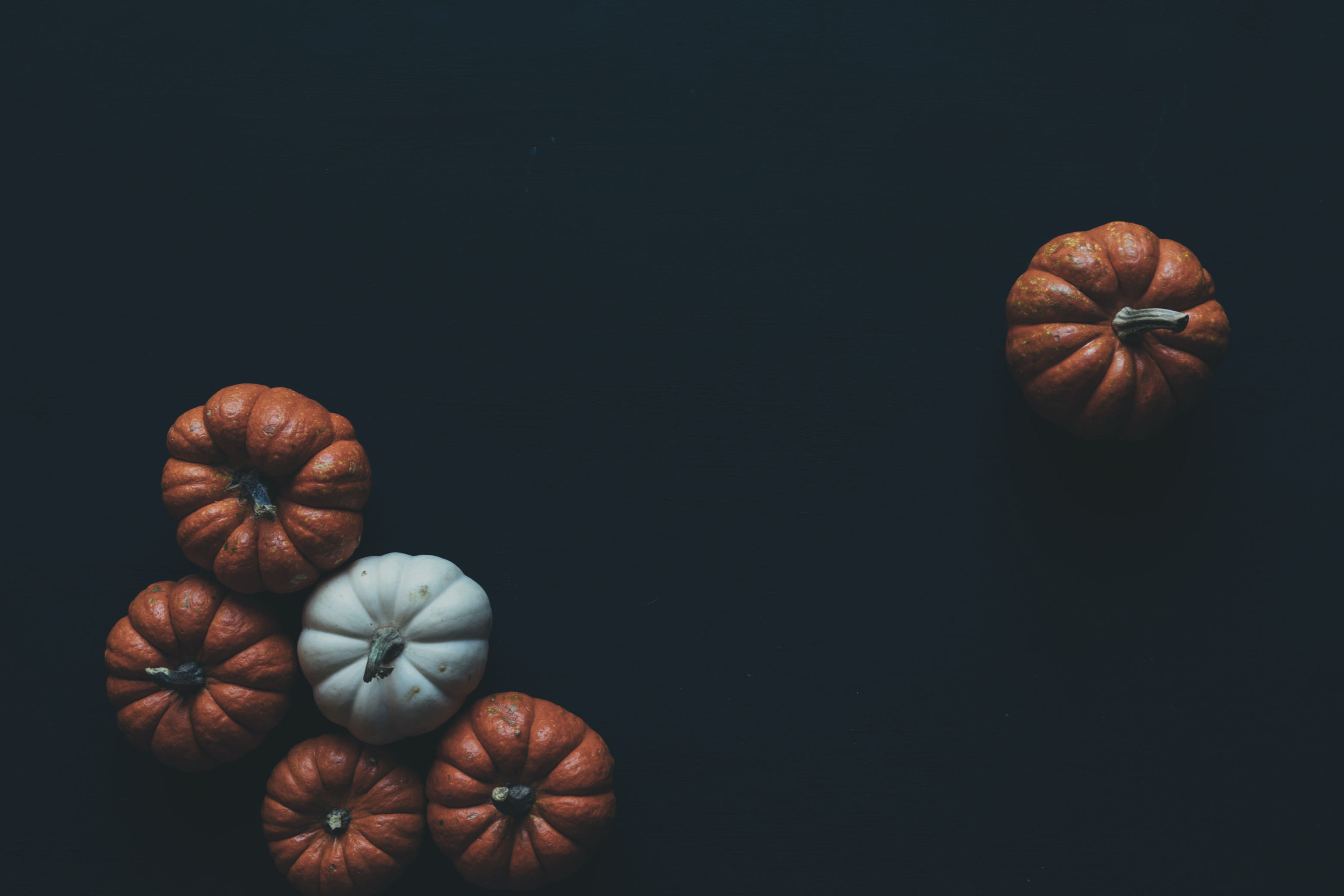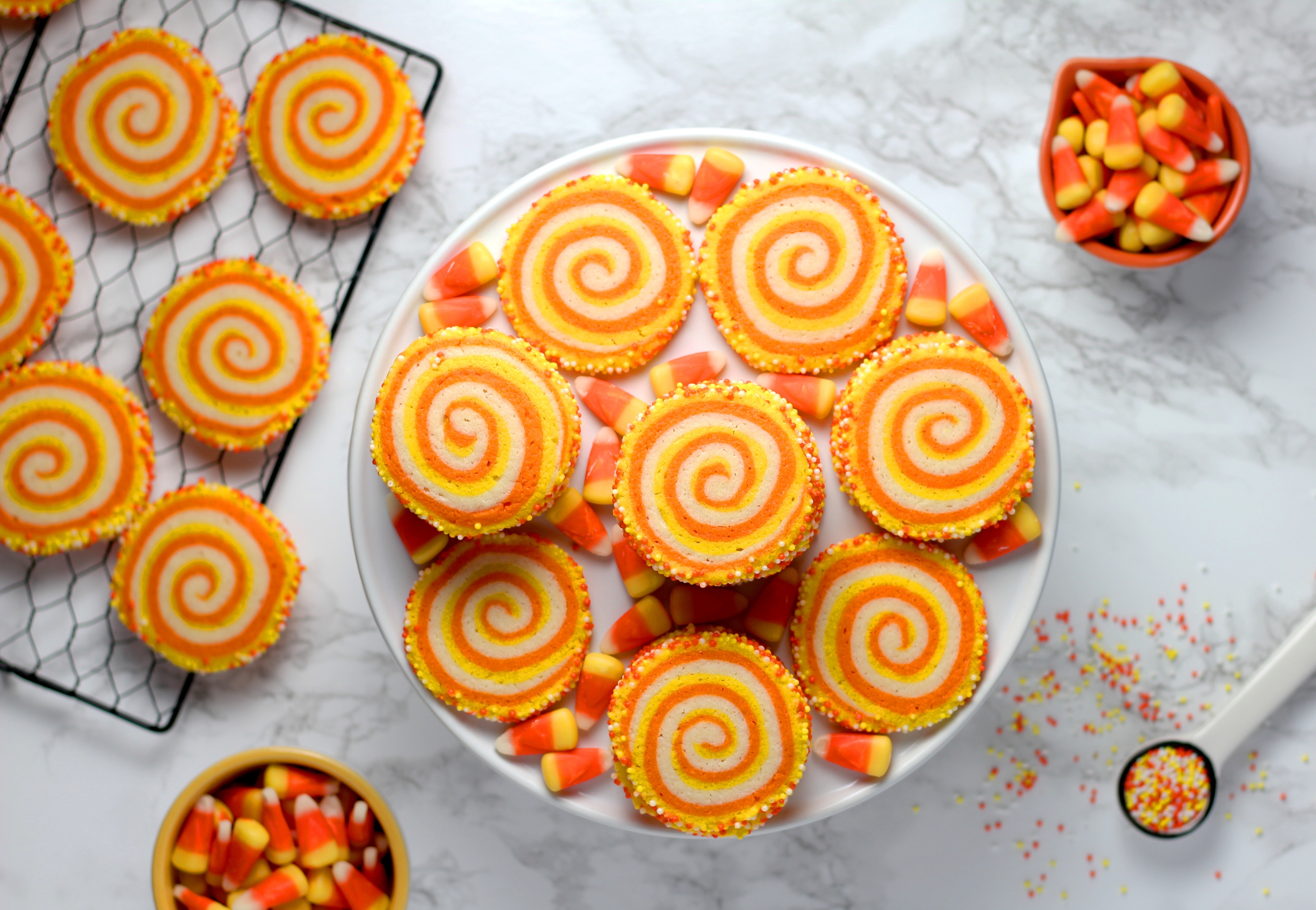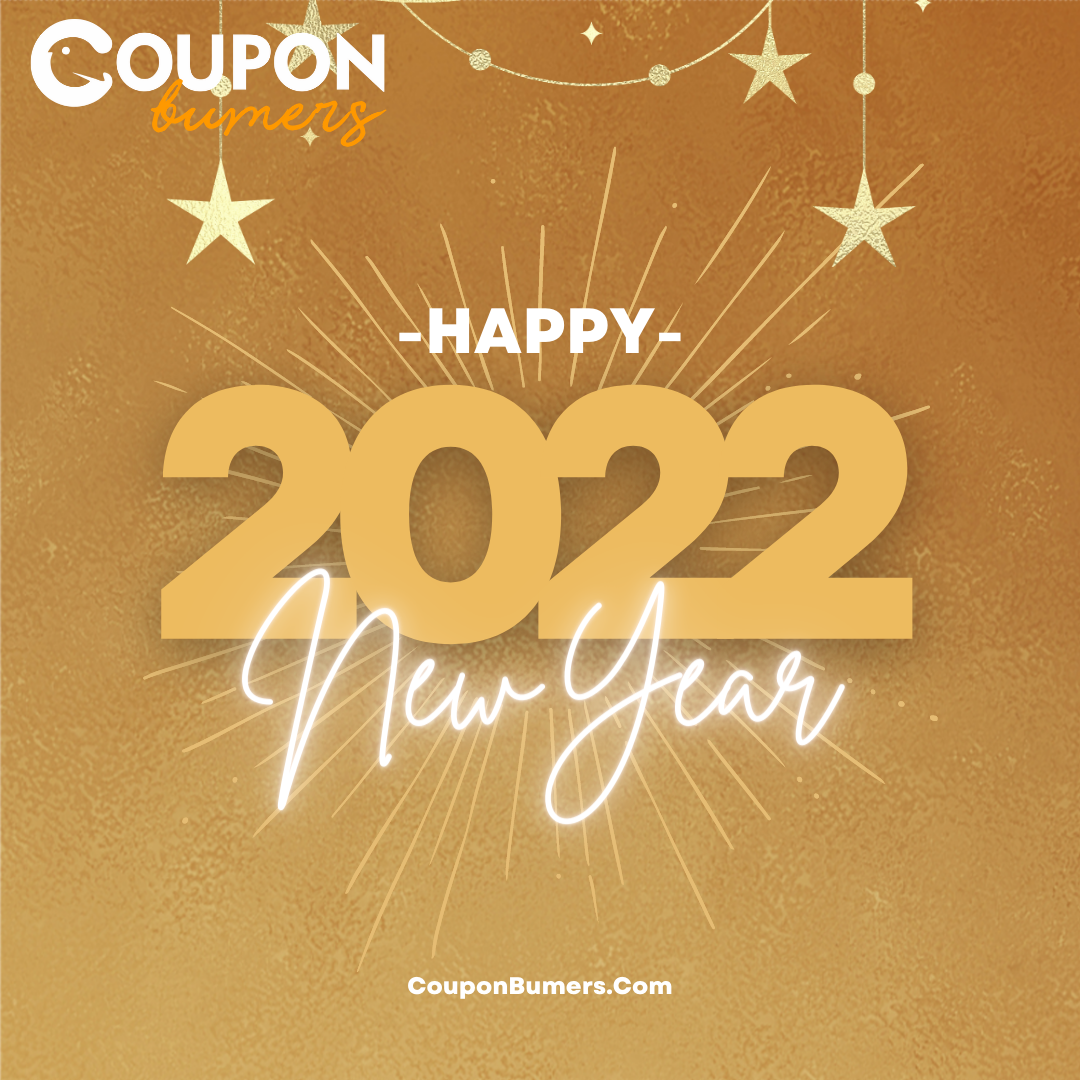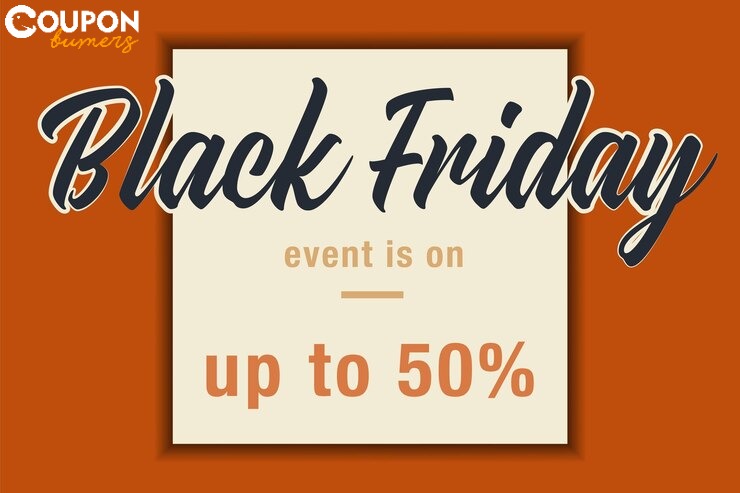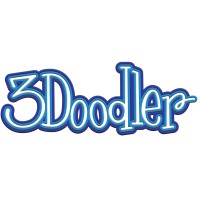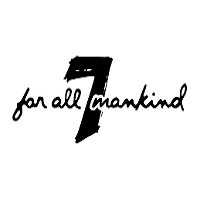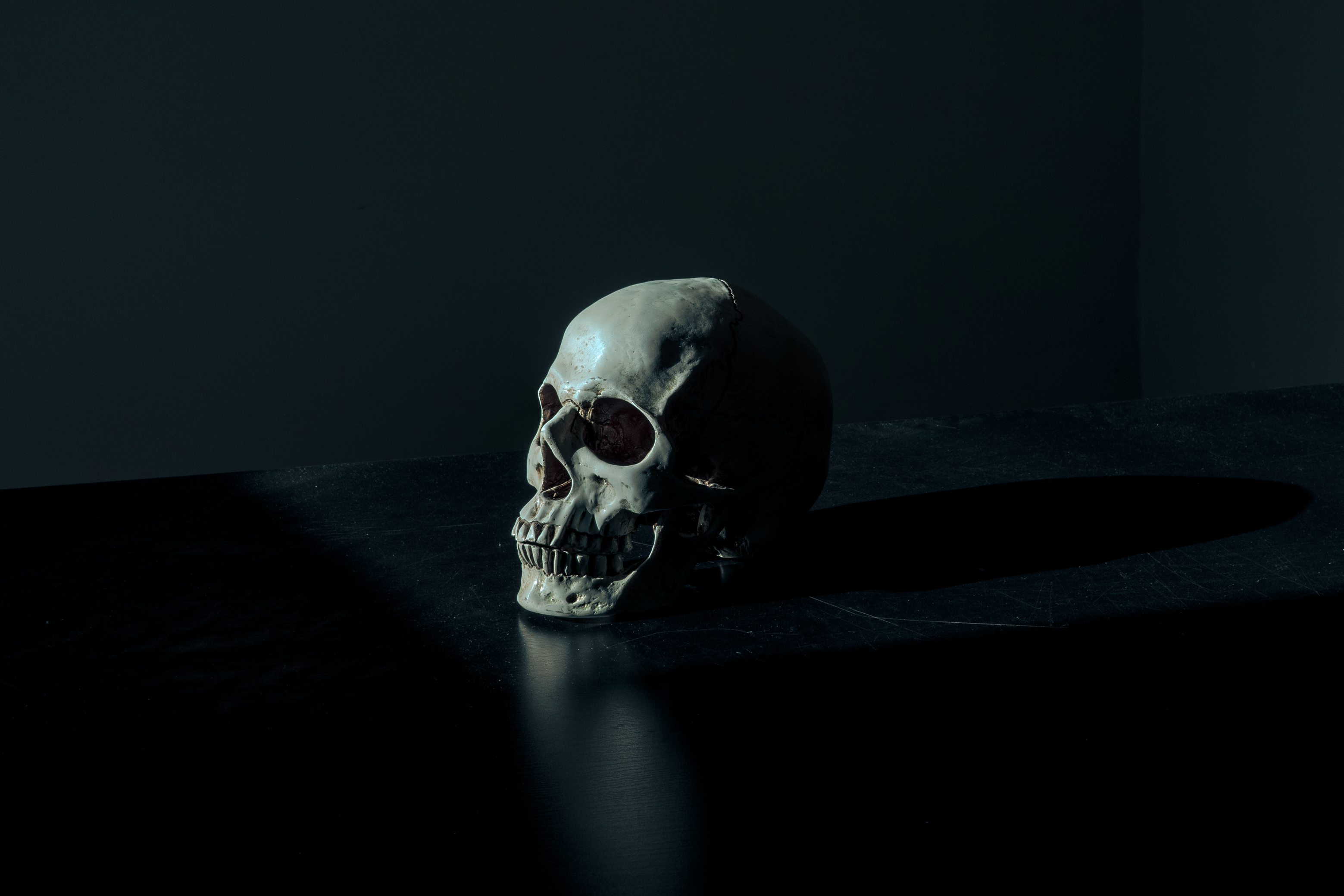
Halloween and the Horror Genre: A Love Story
October 04, 2023Introduction
As the leaves change color and the nights grow longer, a chill begins to permeate the air. October is upon us, and with it comes the most spine-tingling holiday of the year – Halloween. It's a time when the world embraces the macabre and revels in the spooky and supernatural. But have you ever wondered why Halloween and the horror genre seem to go hand in hand? In this blog, we'll delve into the fascinating relationship between Halloween and the horror genre, exploring how they've become inseparable, and why we can't help but fall in love with the thrill of fear.
The Birth of Halloween
To understand the connection between Halloween and the horror genre, we must first explore the origins of this beloved holiday. Halloween has ancient Celtic roots, dating back over 2,000 years to a festival known as Samhain. It marked the end of the harvest season and the beginning of winter, a time when the boundary between the living and the dead was believed to blur. People would light bonfires and wear costumes to ward off malevolent spirits, creating the early traditions that would eventually evolve into Halloween.
As time passed, Christianity spread throughout Europe, and the church sought to Christianize pagan celebrations. Samhain was no exception, and in the 9th century, November 1st was designated as All Saints' Day, or All Hallows' Day, to honor Christian saints. The evening before became known as All Hallows' Eve, and eventually, Halloween.
With these historical roots, Halloween inherently carries an air of mystery and a connection to the supernatural. It's a night when the line between the living and the dead blurs once more, and this notion sets the stage for the horror genre to flourish.
The Evolution of Horror
Horror as a genre has a long and storied history, dating back to ancient folklore and storytelling. Tales of monsters, ghosts, and the unknown have always captivated human imagination. However, it was in the 19th century that horror literature truly began to take shape.
The works of authors like Edgar Allan Poe and Mary Shelley laid the foundation for modern horror storytelling. Poe's macabre tales of madness and death, such as "The Tell-Tale Heart" and "The Fall of the House of Usher," introduced readers to psychological horror and the idea that the real monsters might be within ourselves. On the other hand, Shelley's "Frankenstein" explored the consequences of tampering with the natural order, giving birth to the science fiction horror subgenre.
Horror literature continued to evolve in the 20th century with the rise of authors like H.P. Lovecraft and Stephen King. Lovecraft's cosmic horror introduced the concept of incomprehensible and malevolent cosmic entities, while King's prolific body of work brought horror into the mainstream, making it more accessible to a wider audience.
The Connection Between Halloween and Horror
Now that we have explored the historical origins of Halloween and the evolution of the horror genre, it's time to examine the deep-seated connection between the two.
1. Atmosphere and Aesthetics: Halloween is a feast for the senses, with its eerie decorations, dimly lit streets, and the rustling of leaves in the wind. These atmospheric elements mirror the settings of many horror stories. The very ambiance of Halloween sets the stage for tales of the macabre, making it the perfect backdrop for horror-themed festivities.
2. Costume Play: Dressing up in costumes is a cherished Halloween tradition. People become witches, vampires, zombies, and other creatures of the night. This act of transformation allows individuals to temporarily step into the shoes of characters from their favorite horror stories, adding an immersive element to the celebration.
3. Love for Fear: Halloween provides a socially acceptable opportunity to confront our fears and embrace the thrill of being scared. It's a night when haunted houses and horror movie marathons are in high demand. People willingly subject themselves to terrifying experiences because, deep down, they enjoy the adrenaline rush that comes with being frightened.
4. A Celebration of the Supernatural: Halloween's historical connection to the supernatural aligns perfectly with the themes of the horror genre. Both delve into the realms of ghosts, monsters, and things that go bump in the night. This shared fascination with the unknown and the unexplained strengthens the bond between Halloween and horror.
5. Tradition and Nostalgia: Many of us have fond memories of Halloween from our childhood. Whether it's carving pumpkins, trick-or-treating, or watching horror films with friends, these traditions become ingrained in our psyche. As we grow older, we carry these nostalgic experiences with us, making Halloween the ideal time to revisit our favorite horror stories.
Conclusion
Halloween and the horror genre are truly a match made in the darkest corners of our imagination. Their intertwined histories, shared themes, and the thrill they bring have turned Halloween into a celebration of all things eerie and unsettling. As we embrace the changing seasons and prepare for the spookiest night of the year, remember that Halloween isn't just about candy and costumes; it's a time when our love affair with the horror genre reaches its peak. So, as the jack-o'-lanterns flicker and the shadows lengthen, allow yourself to be drawn into the enchanting dance between Halloween and horror, where fear and fascination go hand in hand. Happy Halloween!


